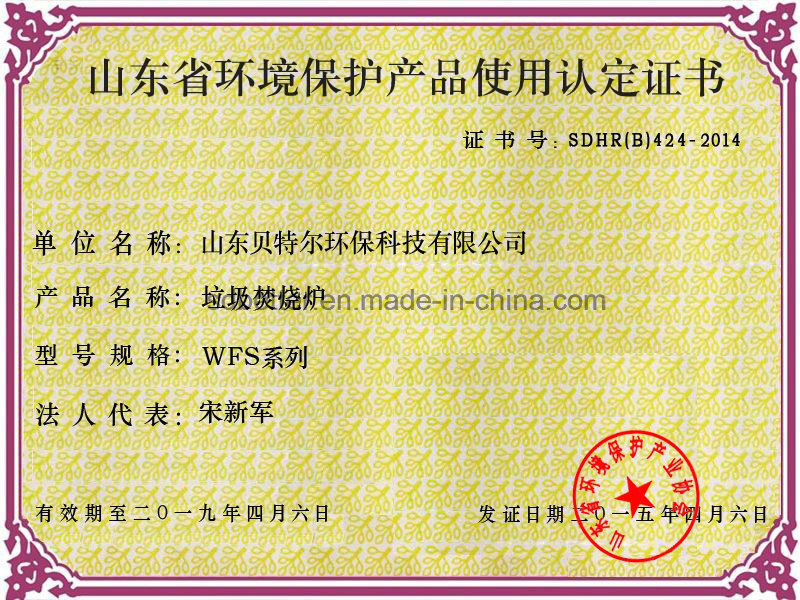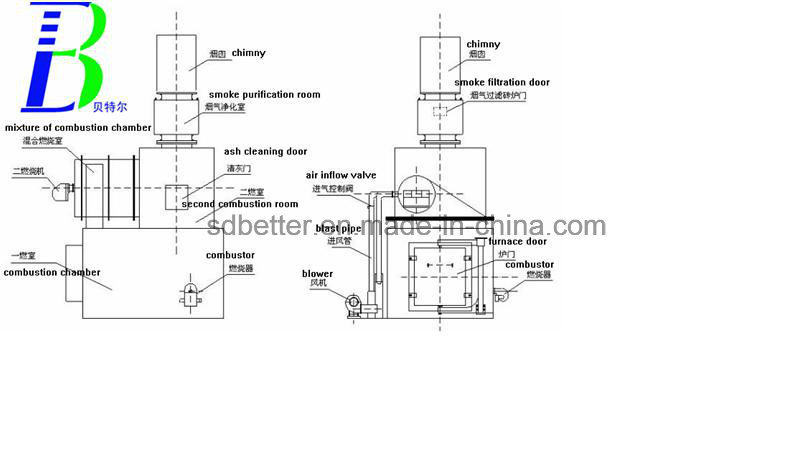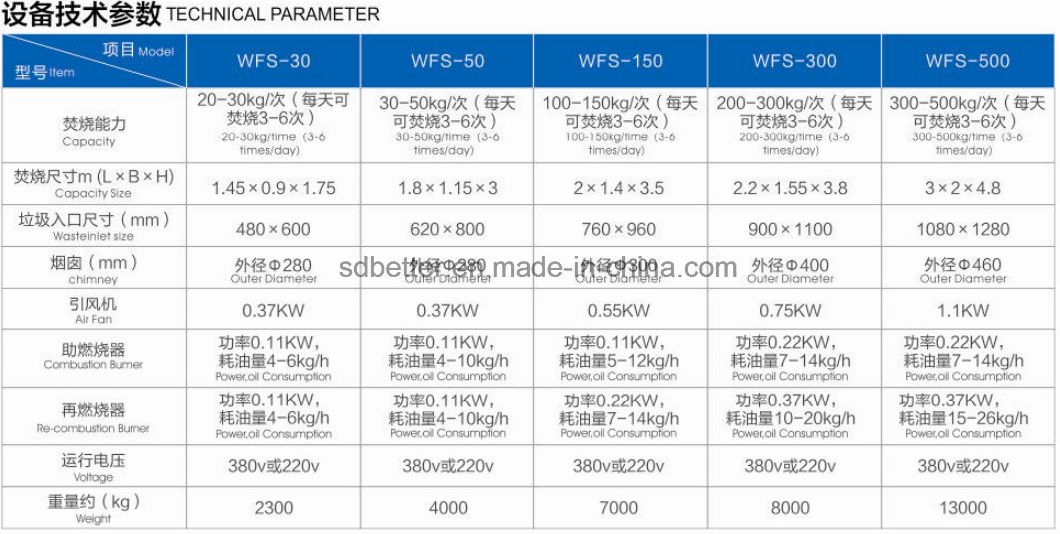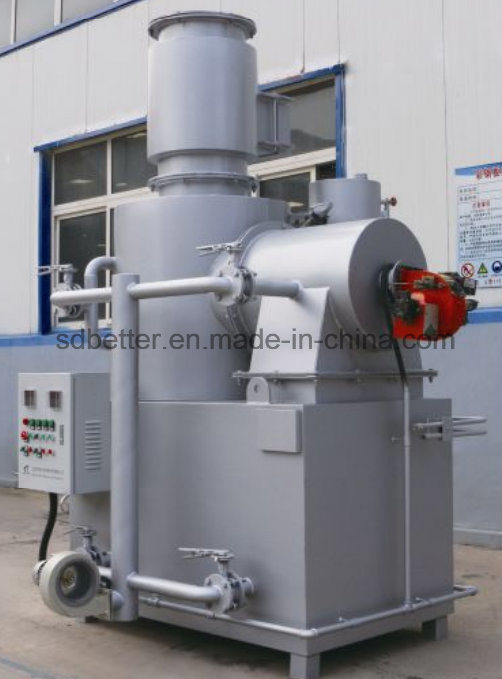Auxiliary agents, also known as additives, are substances that are added to a material to improve or modify its properties. In the field of polymers, auxiliary agents are commonly used to enhance the processing, performance, and durability of polymer materials. Auxiliary Agent,Liquid Phenolic Resin,Phenolic Resin,Composite Phenolic Epoxy Resin Shanghai Shengduan Trading Co., Ltd. , https://www.shsdchem.com



There are several types of auxiliary agents, each with its own unique properties and applications. The most common type is processing aids, which are added to polymer materials to improve their flow and moldability during processing. Processing aids can improve the surface finish of the final product and reduce the amount of energy required during processing.
Another type of auxiliary agent is plasticizers, which are added to polymer materials to increase their flexibility and reduce their brittleness. Plasticizers can improve the toughness and impact resistance of the final product and are commonly used in the production of flexible PVC products, such as hoses and films.
Other types of auxiliary agents include stabilizers, which are added to polymer materials to protect them from degradation caused by heat, light, or chemical exposure. Stabilizers can improve the durability and longevity of the final product and are commonly used in outdoor applications, such as building materials and automotive parts.
Colorants, fillers, and flame retardants are also common types of auxiliary agents. Colorants are added to polymer materials to give them a specific color, while fillers are added to improve the mechanical properties of the final product, such as its strength and stiffness. Flame retardants are added to polymer materials to reduce the risk of fire and are commonly used in applications where fire safety is critical, such as building materials and electronics.
The choice of auxiliary agent depends on the specific application requirements and must be carefully considered to ensure that the final product meets the desired specifications. It is important to select the appropriate auxiliary agent to achieve the desired performance, processing, and durability characteristics of the polymer material.
In summary, auxiliary agents play an important role in the processing, performance, and durability of polymer materials. There are several types of auxiliary agents, each with its own unique properties and applications, and the choice of auxiliary agent depends on the specific application requirements.
Wfs Medical Waste Incinerator for Clinic Use
Model No.: WFS30-WFS500
Origin: China
HS Code: 8417809090
1. Description
The WFS series incinerator is a high-performance waste treatment system developed with independent intellectual property. It stands out for its compact design, efficient combustion technology, and automated operation. This advanced machine ensures minimal environmental impact while offering reliable performance for the disposal of various types of medical waste. Ideal for hospitals, hotels, transportation hubs, and industrial facilities, it provides a safe and effective solution for waste management.
2. Key Advantages
- Long service life with durable construction
- Totally enclosed system to prevent contamination
- Designed specifically for handling infectious waste
- Prevents secondary pollution through controlled combustion
- Easy-to-use interface for seamless operation
3. Main Features
- Available in both gas and oil-powered versions to meet different customer requirements
- Utilizes gasification technology to efficiently burn syringes, paper, bandages, and cotton waste
- Capable of processing daily waste in one go using gasified incineration
- Combines gasification, mixed incineration, and complete burnout to ensure emissions stay below international standards
- Fully enclosed design ensures safety and prevents the spread of harmful substances
4. Applications
- Hospitals and clinics
- Hotels and hospitality sectors
- Train stations and airports
- Manufacturing and industrial sites